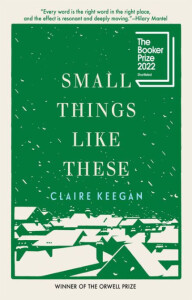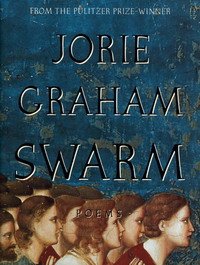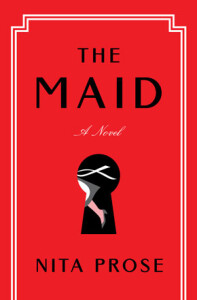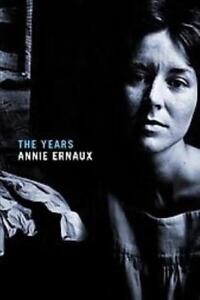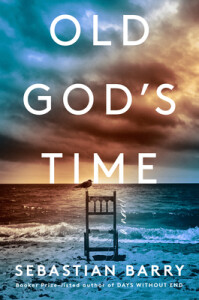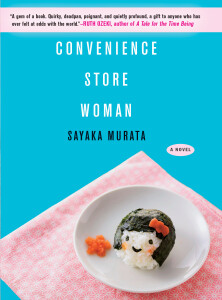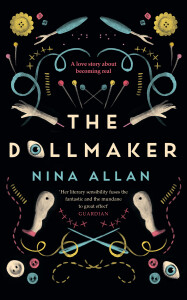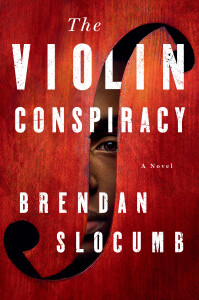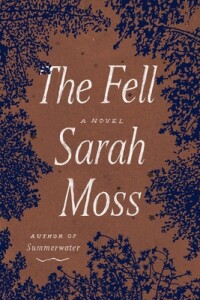
In the COVID lockdown. I was one of the lucky ones: healthy, able to work at home, and enough of an introvert to relish the time alone. Not everyone was so lucky, as I was well aware. Every say I saw and thought about the mail carriers, trash collectors, and delivery personnel on our otherwise empty street.
When I finally began to venture out to the grocery store, I wore a mask to protect the cashiers and other employees. I felt sad and angry that so many people—including my own sons and daughter-in-law—had no choice but to put their lives and those of their families on the line.
Now, a few years later, I barely remember those times, so I was eager to pick up this brief novel by Sarah Moss, whose Ghost Wall I had previously enjoyed.
Set in a village in the Peak district of England during the early lockdown, the story moves between four characters. Fittingly, the four almost never interact with each other, so we meet each one alone and plunge deeply into their psyche, creating a surprisingly gripping psychological novel.
Kate is a progressive single mother who has been exposed to COVID, so must self-isolate for two weeks, along with her teenaged son Matt. Since cafe where she works is shut down, they are struggling financially, but worse for her is the confinement to the house and yard. Matt is happy to blow off his online lessons and spend his days immersed in video games and helping his mom around the house, but she is not. Devoted to the outdoors, she is used to rambling the fells every day and feels suffocated and nearly out of her mind.
One day, near dusk, she grabs her backpack—always filled with the essentials dedicated hikers know to carry—and sets out for a brief walk on the nearby fell, reasoning to herself that she will almost certainly be the only out there, so she won’t endanger anyone.
When she doesn’t return, Matt is frantic but doesn’t want to get her in trouble by reporting her missing. Their next-door neighbor Alice, retired and with health problems, sees Kate go, but for the same reason doesn’t report her. Still, when Kate doesn’t return Alice worries about Matt, and eventually calls and persuades him to report his mother as missing.
The Mountain Rescue Team is summoned, including Rob, a divorced father whose teenaged daughter is furious about his departure on this rare night together. He is our fourth person, weighing his responsibility to his daughter against the missing woman’s safety, his commitment to the team, and his own desire to be out on the fell.
This is the thread through the four people’s stories: how do we balance our wants and needs with our responsibilities to others, not just family, but the person next door, the cashier at the village shop, the team that has to come out on a cold night to scour the fell?
Alice mourns for Matt, left alone through the long night, as the team searches for his mother, but is unsure about going to be with him, given her health problems and his exposure to the virus. Matt is unsure how to interact with the rescuers. And they, if they are lucky enough to find Kate, will have to touch this person who may have COVID and then go home to their families. Kate must wrestle with her own guilt and possible mortality.
Having hiked those fells myself just a few months ago, I was especially invested in this story. I saw how easily things could go wrong, even for the most experienced hiker. I met people on the trail who set off this way and that, determined to explore remote paths, and a woman who swam alone every day all the way around a large, usually deserted, mountain tarn. I knew about the Mountain Rescue Team—bless them!—and was doubly diligent about being careful on the slippery stones on the steep fells. I did not want to be carried out with a broken ankle!
Moss set herself a challenge with this book. A story about isolation and boredom could fall apart so easily, especially one with almost no scenes showing characters interacting. However, she succeeds brilliantly, with suspense building throughout the brief time frame of the story, abetted by the ticking clock of injury and exposure.
The characters come alive, convincingly portrayed in their intensely personal sections. Each of them will haunt me for some time. And each is wrestling with an issue that all of us—COVID or no COVID—are navigating every day: how to balance individual freedom with collective responsibility.
Have you read a novel that illuminates our particular moment in time?

